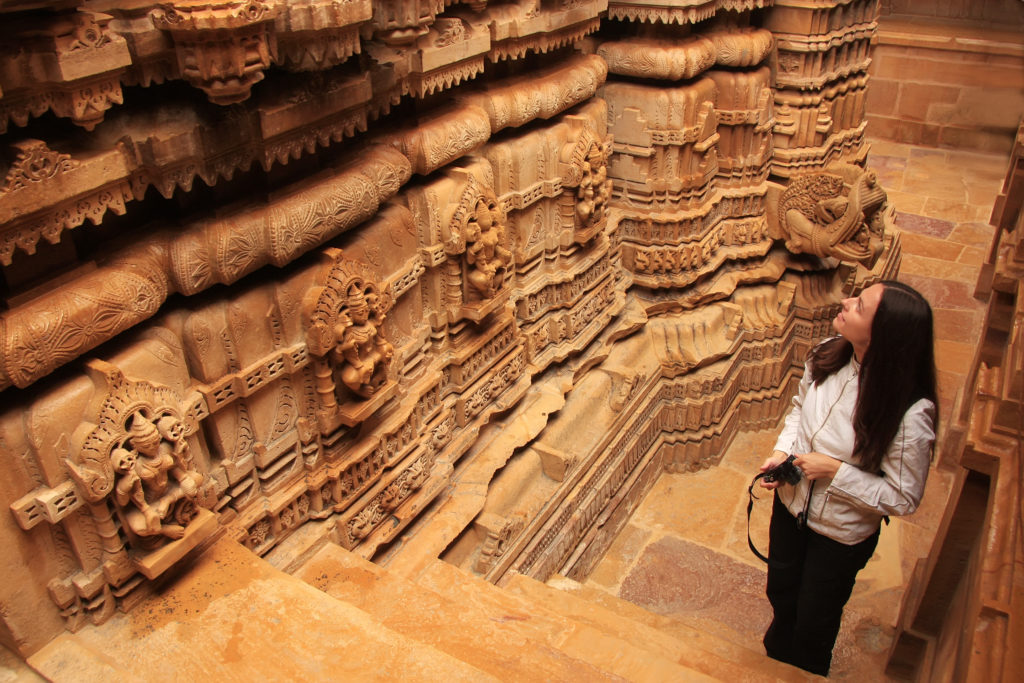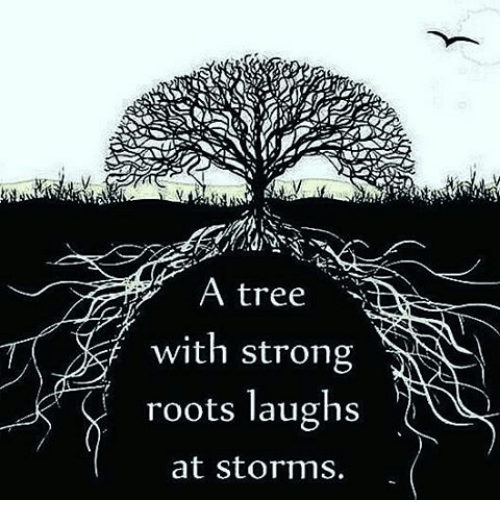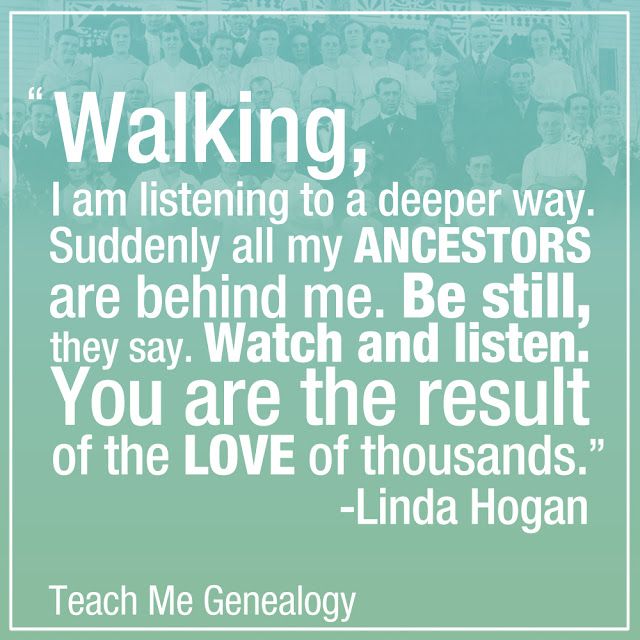
Connecting with the lives of our ancestors can lead to unraveling our own purpose and adds an essential layer to our persona. In their stories, we can connect the dots, understand our lineage, and find meaning. The easy access to information-rich sources on the internet makes it easier for people to discover their ancestry and connect with their heritage. Learn five different ways to connect with your heritage and native place. (Estimated reading time: 5 minutes)
“The heritage of the past is the seed that brings forth the harvest of the future.”
— Wendell Phillips
No matter who we are or where we’re from, we have a story to tell. A big part of that story comes from our origins and the history passed down to us through generations.
Humans come in all shapes, colors, and sizes. What makes us unique is a mix of our genetic makeup and cultural heritage. We each have ways of living that are passed down from generation to generation like our customs, practices, objects, values, and art.
Learning about the past and connecting with the lives of our ancestors can lead to unraveling our own purpose. In their stories, we can connect the dots, understand our lineage, and find a sense of meaning.
The easy access to information-rich sources on the internet and archives are making it easier for people to discover their ancestry and connect with their heritage.
In the genealogy documentary series, “Who Do You Think You Are?” Friends actress Lisa Kudrow shared with viewers the compelling experience of her journey to Poland. She was determined to learn more about relatives, who she knew perished in the Holocaust. Kudrow felt compelled to find out more about their horrible fate and pay her respects to those who had passed on.

Growing up, her father revealed that he had a difficult childhood. His mother, Gertrude, supported the family on a shoestring budget after they emigrated to New York. Soon after, Gertrude learned that her parents had passed away in Belarus. During Kudrow’s visit to her ancestral home, she consulted documents that revealed that her grandmother, Meri, hadn’t died of natural causes, but was murdered during the Nazi occupation.
Kudrow met with a historian who explained the atrocities of the Holocaust to her. This heart-wrenching quest to unravel her family’s past ended on a happy note, however, when Kudrow reunited with a long-lost cousin, Yuri Barudin, who had escaped the killings in Poland by signing up for the Russian army.
Kudrow thought she was going to find out how Yuri died, but instead, she was able to find and bond with him over their shared past. Tracing her roots back hundreds of years and learning about those who lived before instilled a sense of pride. She said, “I’m delivering their story to people, and they’re not forgotten. Now, there are witnesses.”
Lisa Kudrow’s story is a testament to the power of our heritage. Some people describe it as a mystifying experience that often provides missing pieces of the puzzle of their identity. Connecting with tangible and intangible expressions of shared culture adds an essential layer to the mosaic of our persona and makes us feel more grounded in ourselves.

My worldview changed when I found out that my maternal grandfather died while fighting for India’s freedom from British colonial rule in the 1940s. It made me value the freedom I now enjoy as an adult. I began seeing my higher education as a privilege when I discovered that my grandmother, and the women before her, were not allowed an education beyond high school and instead were forced to marry.
There are several ways to research your family’s ancestral origins. Whether you would like to know more about your genetic makeup, your family stories, solve family mysteries, or connect with a distant relative, you’ll find the process incredibly rewarding. Retracing your ancestors’ steps can spark new passion and fuel your journey of self-discovery.
Here are five ways to connect with your heritage:
1. Ask family members and relatives: Your family members and relatives can offer a treasure trove of information on your background and ancestry, especially the older ones and those who still live somewhere that your native traditions are upheld. Most uncles, aunts, parents, and grandparents would be happy to offer insight into where you came from and put you on the right path to learning more.
2. Visit your native place: To get a real sense of place, you would need to visit your ancestral land so that you can be fully immersed in the culture. If you have the time and means to do so, consider visiting your native town or city and explore it for yourself. Once there, get out of the tourist bubble and mingle with the locals. Ask them questions about their lives and what it’s like to live there.
3. Get acquainted with the culture: If a trip is out of your budget, you can always visit local cultural events like fairs and festivals dedicated to your nationality thats closer to home. For example, certain festivals are celebrated in most major cities in the world like Chinese New Year, Cinco De Mayo, and St. Patrick’s Day. There are plenty of cultural organizations and groups where you can meet people who share your background. Books, movies, music, food, holidays, languages, and games are some of the other channels that can give a sense of the traditions.
4. Do a genealogy search and DNA test: Genealogy research and DNA tests that dive into genetic history have grown popular over the years. Many websites offer features to learn more about your ancestry by giving you access to historical records and public information like birth and death certificates, census data, and marriage licenses. If you want to take your search to the next level, you may want to consider doing a DNA test. The test uses data from your unique genetic imprint to trace your family across many generations.
5. Study the history: If you’re a history buff like me, you’ll find it to be a viable gateway to exploring your heritage. In our information age, you’ll find plenty of books, blogs, videos, courses, documentaries, and museums that provide a comprehensive overview of what it was like to live in your native place many years ago. It’s a powerful way to connect with those who have long gone, but with whom you share the commonality of your heritage. Being a witness to their stories is a way to thank them and show respect for the sacrifices that they made to get you where you are today.
Becoming involved in discovering your cultural heritage deepens your bonds with your family and community while also strengthening your personal roots. Connecting with your heritage is not just about learning about your background, but it’s also about realizing that no matter where you come from, every human being shares a common history and origin.
All my best on your journey,
Seline

Question for you: Have you ever tried to connect with your heritage? What did you do to learn more about it?
Did you like this post? Sign up below, and I’ll send you more awesome posts like this every week.

Have Your Say